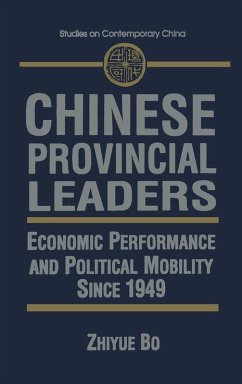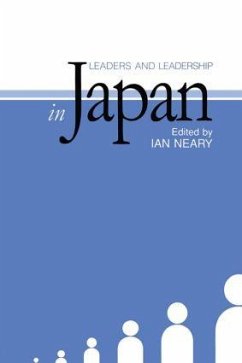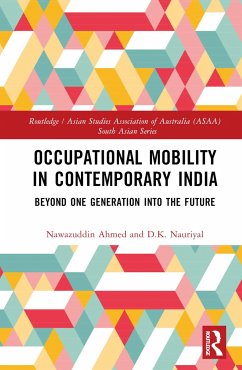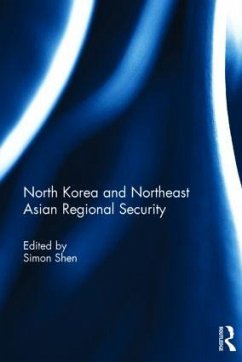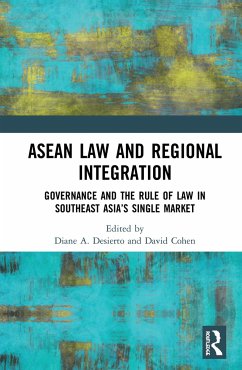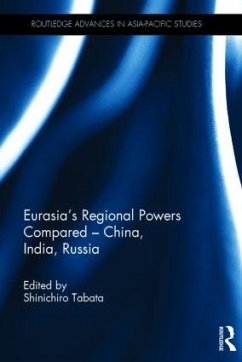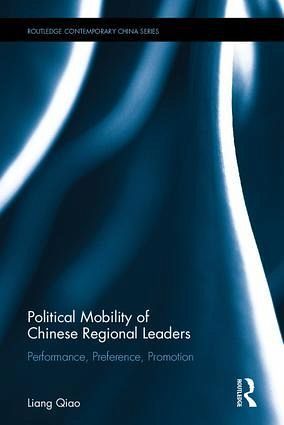
Political Mobility of Chinese Regional Leaders
Performance, Preference, Promotion
Versandkostenfrei!
Versandfertig in 1-2 Wochen
167,99 €
inkl. MwSt.
Weitere Ausgaben:

PAYBACK Punkte
84 °P sammeln!
A monarch is usually born, a member of parliament or a president is usually elected, but a regional leader in China is usually orchestrated to replace his or her predecessor through an opaque process and for reasons not normally made public. The professional trajectories of Chinese regional leaders are mysterious in many ways. Their promotions and demotions can be "predictable" in terms of their age, gender, nationality, education, factions, and previous engagements in the political system. Yet, speaking of their capability, performance, opportunities and arrangements, their future can also be...
A monarch is usually born, a member of parliament or a president is usually elected, but a regional leader in China is usually orchestrated to replace his or her predecessor through an opaque process and for reasons not normally made public. The professional trajectories of Chinese regional leaders are mysterious in many ways. Their promotions and demotions can be "predictable" in terms of their age, gender, nationality, education, factions, and previous engagements in the political system. Yet, speaking of their capability, performance, opportunities and arrangements, their future can also be "unexpected". Such arrangements are always originated from the Organization (zuzhi) which represents the Chinese Communist Party. What are the factors the organization considers in order to make its final decisions on nominating and appointing a regional leader?





